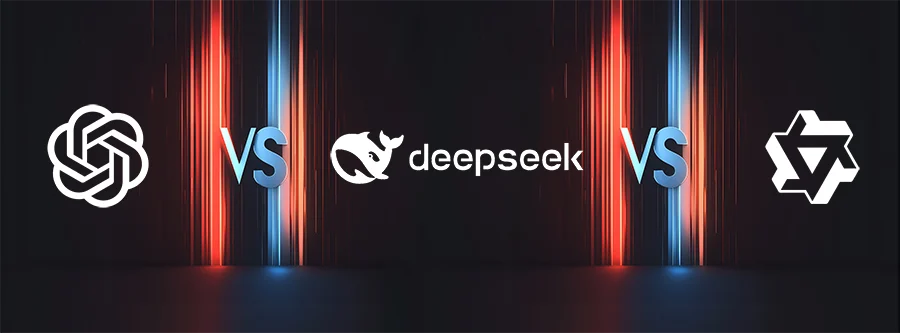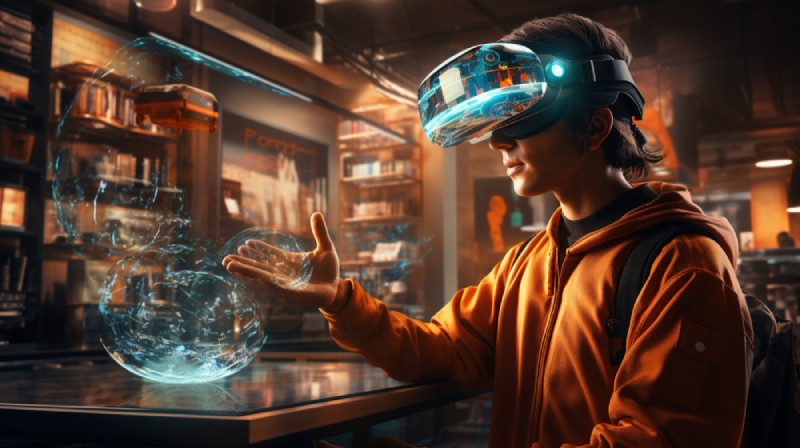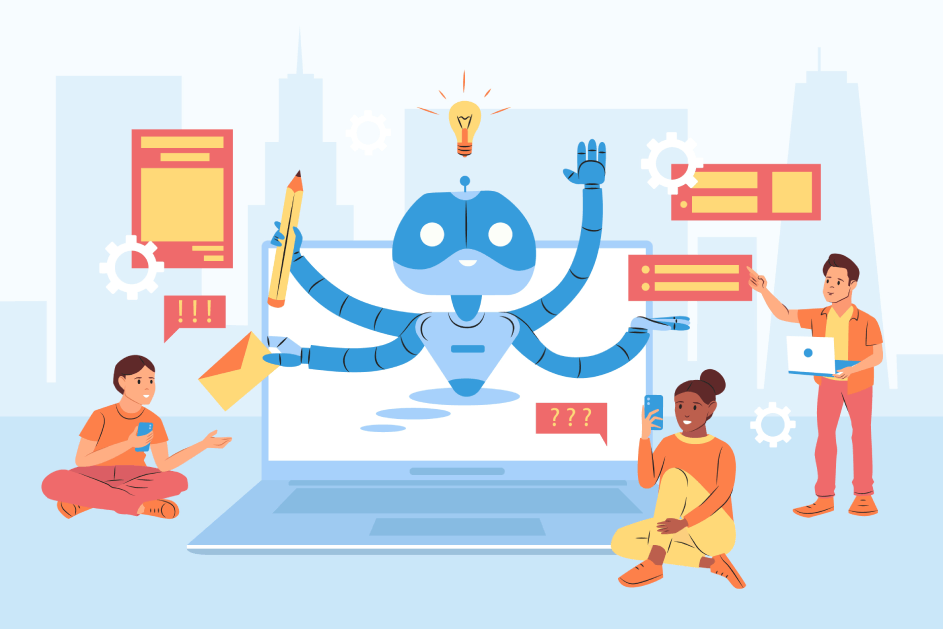Introduction & Purpose
Knowledge update and Industry update at Skyline University College (SUC) is an online platform for communicating knowledge with SUC stakeholders, industry, and the outside world about the current trends of business development, technology, and social changes. The platform helps in branding SUC as a leading institution of updated knowledge base and in encouraging faculties, students, and others to create and contribute under different streams of domain and application. The platform also acts as a catalyst for learning and sharing knowledge in various areas.
Dr. Zenab Elgamal
From Different Corners
The Role of Bio-Inspired Optimization Algorithms in Medical Feature Selection and Energy Consumption
The proliferation of high-dimensional data in healthcare and the increasing demand for intelligent energy management in smart homes have necessitated the development of advanced optimization techniques. Bio-inspired optimization algorithms—drawing inspiration from natural behaviors such as hunting, migration, and evolution—have demonstrated remarkable success in solving complex real-world problems. These algorithms are particularly effective in feature selection for medical data and in planning energy usage in renewable-powered smart environments.
Dr. Ahmad Salman
From Different Corners
The exponential growth in data generation over the past decade has radically transformed the field of business analytics. Traditional methods of data analysis, while still useful, are increasingly being augmented or replaced by modern computer science technologies. The shift from descriptive to predictive and prescriptive analytics necessitates the adoption of advanced computational tools. Among these technologies, machine learning (ML), deep learning (DL), big data platforms, cloud computing, and more recently, large language models (LLMs), have emerged as game changers. These tools offer businesses a competitive edge by enabling real-time insights, automated decision-making, and improved customer engagement. This article explores how these modern computer science technologies, particularly LLMs, are reshaping the landscape of business analytics.
Dr. Belal Shneikat
From Different Corners
Organizational politics refers to activities undertaken within an organization to acquire, develop, and use power and other resources to obtain one’s preferred outcomes in situations of uncertainty or conflict. It encompasses behaviors that are not part of an individual's formal role but are used to influence decision-making processes, often driven by self-interest. While organizational politics is sometimes seen in a negative light, it is a complex phenomenon that can yield both positive and negative outcomes depending on how it is practiced and perceived.
Dr. Hamza Alrababah
From Different Corners
The rapid advancement of artificial intelligence (AI) has led to the development of sophisticated large language models (LLMs) that are transforming industries, education, and human-computer interaction. This evolution has progressed through multiple generations of AI models, starting with early rule-based systems, followed by statistical models, deep learning-based transformers, and now highly advanced models like OpenAI’s ChatGPT, DeepSeek’s DeepSeek-V3, and Alibaba’s Qwen. While ChatGPT has dominated the conversational AI space, emerging models such as DeepSeek and Qwen offer competitive alternatives with open-weight architectures and specialized multilingual capabilities. This paper provides an overview of the evolution of AI language models, their technical distinctions, potential applications, and future research directions toward next-generation AI systems.
Dr. Aseel Khaleel
From Different Corners
In the dynamic field of English literature and criticism, the study of the contemporary novel remains one of the most fertile grounds for academic inquiry. As we move further into the 21st century, novelists continue to challenge the boundaries of genre, narrative structure, and thematic focus. Scholars must stay updated with these literary shifts, both as a matter of intellectual responsibility and critical engagement.
Dr. Mohammad Abdul Salam
From Different Corners
The rapid advancement of Artificial Intelligence (AI) and the Internet of Things (IoT) [1] is transforming industries and everyday life. The integration of these two powerful technologies, often referred to as AIoT (Artificial Intelligence of Things) [2], is driving innovations in smart homes, healthcare, industrial automation, and more. This article explores how AI and IoT converge to create intelligent, data-driven ecosystems.
Dr. Mohammad Abdul Salam
From Different Corners
The convergence of two groundbreaking technologies, the Metaverse and Artificial Intelligence (AI), heralds a transformative era for communication, learning, and the very fabric of employment. The Metaverse, envisioned as a persistent and shared virtual universe, provides immersive digital landscapes where individuals can interact and collaborate in unprecedented ways. Complementing this, AI, with its capacity to emulate human cognitive functions, injects intelligence and adaptability into these virtual realms, making them dynamic, responsive, and ultimately more valuable. The core ambition driving the integration of AI within the Metaverse lies in empowering these digital spaces to comprehend user needs, learn from interactions, and personalize experiences, thereby unlocking their full potential for both educational and professional endeavors.
Prof. Haitham Alzoubi
From Different Corners
The evolution of supply chain management has been significantly influenced by digital transformation, leading to the emergence of e-supply chains. These digitally integrated systems aim to enhance efficiency, improve real-time tracking, and optimize overall performance. However, e-supply chains also introduce a range of challenges that organizations must navigate to ensure smooth operations. These challenges span technological limitations, cybersecurity threats, supply chain disruptions, and difficulties in achieving seamless coordination between different stakeholders.
Prof. Nizar Sahawneh
From Different Corners
Tourism plays a crucial role in the economic development of many developing countries, serving as a major contributor to Gross Domestic Product (GDP). The industry not only generates direct income but also creates employment opportunities, attracts foreign investment, and stimulates infrastructure development. Developing nations often possess rich cultural heritage, diverse landscapes, and unique traditions that appeal to international tourists. These attributes, when effectively marketed and supported by government policies, can significantly enhance national income and improve living standards for local populations.
Dr. Ahmad Tasnim Siddiqui
From Different Corners
The incorporation of artificial intelligence (AI) is bringing about a radical paradigm shift in how we approach and interact with academic writing in the fast-paced world of academia. This revolutionary force is radically changing the dynamics of scholarly communication and knowledge distribution in addition to simplifying procedures [1]. Academic writing has historically been a time-consuming and labour-intensive process that requires very hard work. It may be careful study, analysis, and adherence to strict citation guidelines. However, the emergence of AI has caused a transformation in the writing processes of scholars, researchers, and students.













